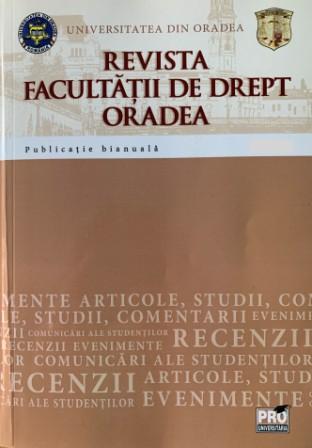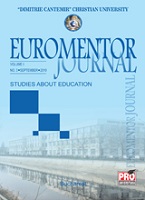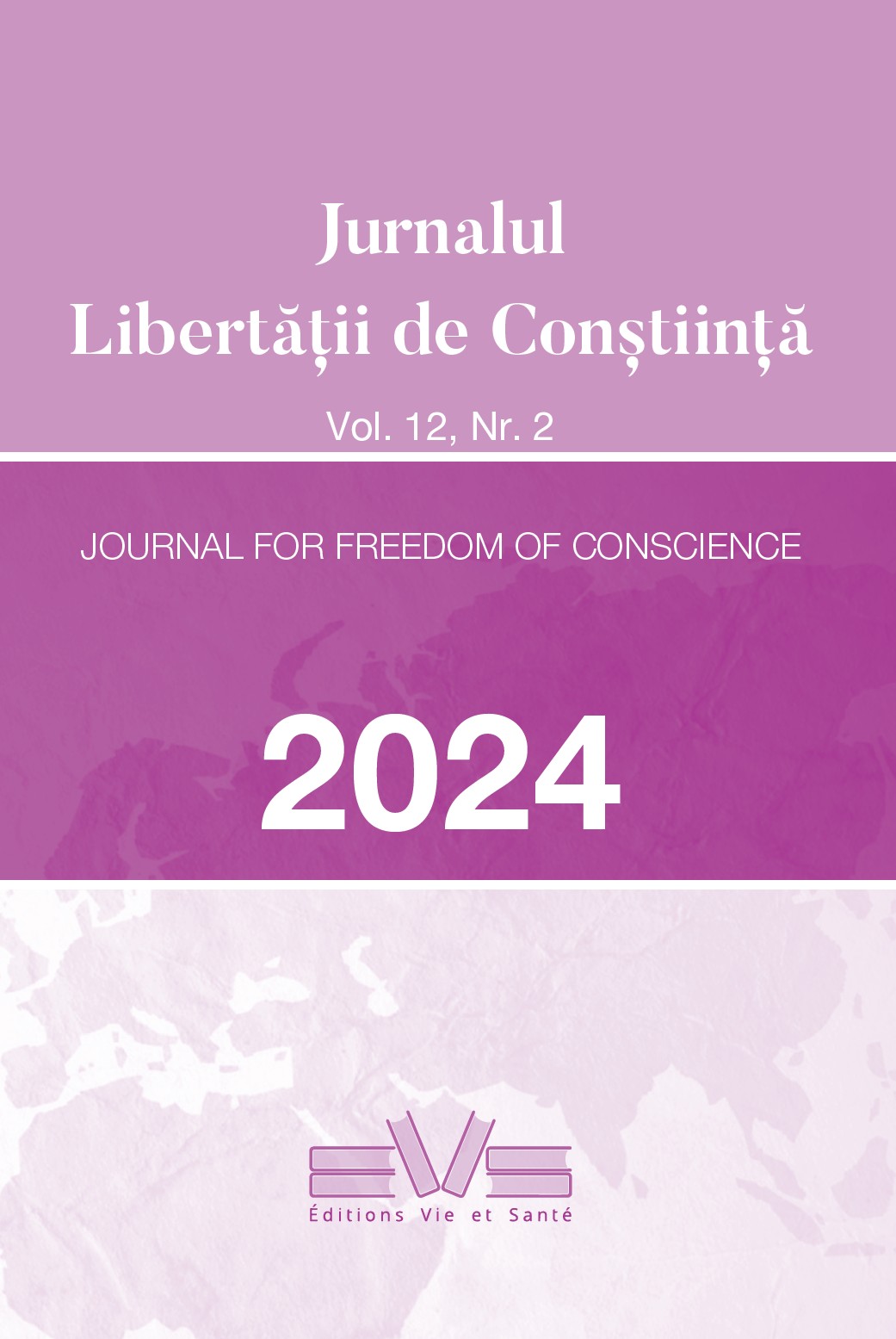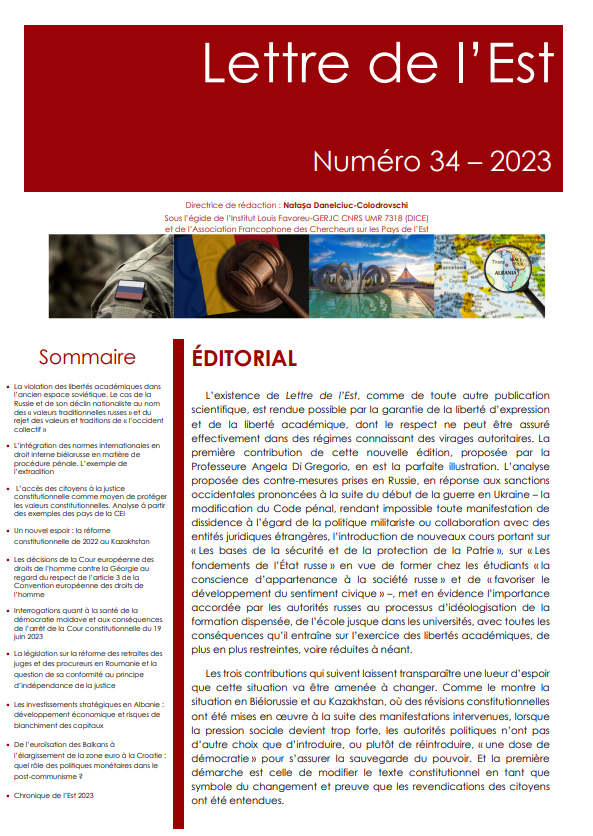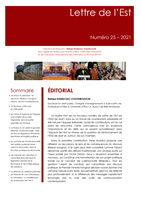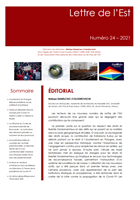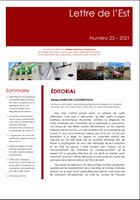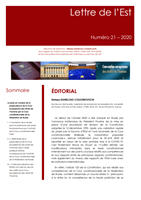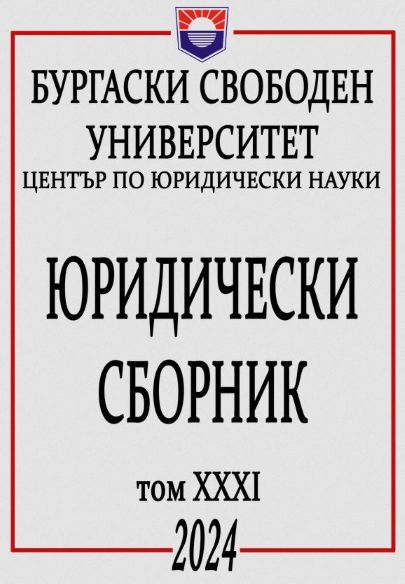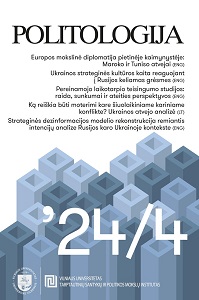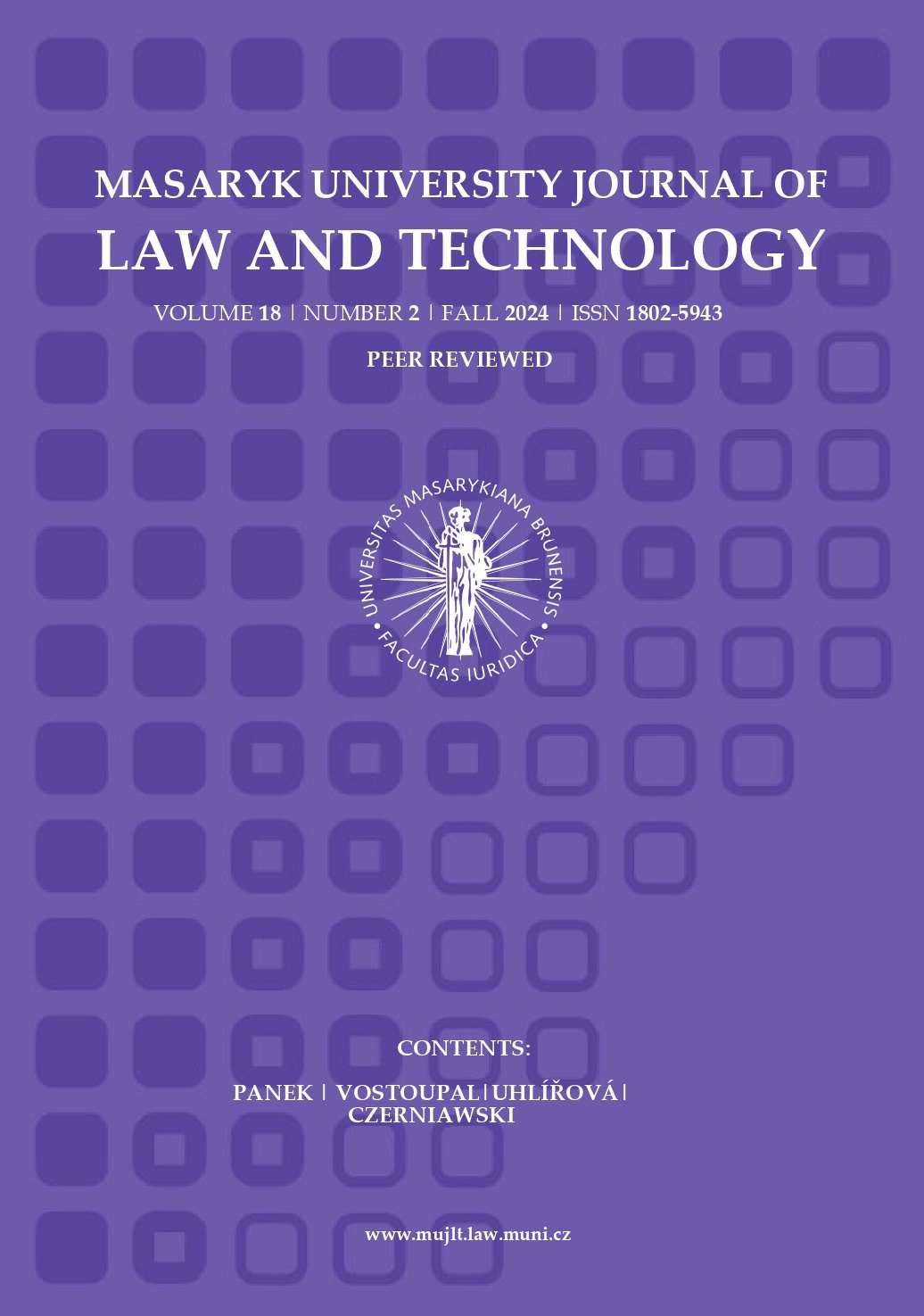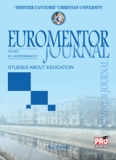
FREEDOM OF SPEECH IN FINLAND AS A PART OF EUROPE – CONNECTION WITH DIMITRIE CANTEMIR
Freedom of expression is a right of citizens' fundamental rights to express and receive their views in public. Freedom of opinion and expression can be considered as a prerequisite for safeguarding many other key rights. Finland‘s history of freedom of speech and press has been reviewed ever since 1766 by Anders Chydenius, who wrote at the age of 37: ―The freedom of the nation is always proportional to the freedom of printing it possesses, so that neither can exist without the other.‖ United Nation´s (UN) Human Rights Conventions International Convention on Civil and Political Rights has created rules in the Article 19: Everyone has the right to freedom of opinion without any external interference and everyone has freedom of expression. The philosophical purposes written by Dimitrie Cantemir could be considered as part of the freedom of the speech, at least indirectly. There are many similarities between Anders Chydenius´s and Dimitrie Cantemir´s main targets. Problems concerning freedom of speech have emerged in recent years as a result of the use of social media. That is why we need a debate and new legislation.
More...
